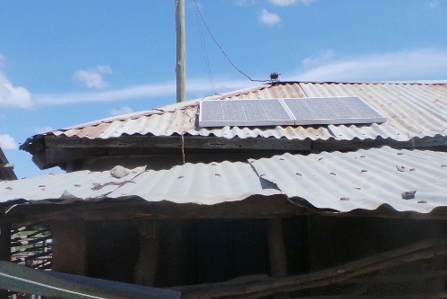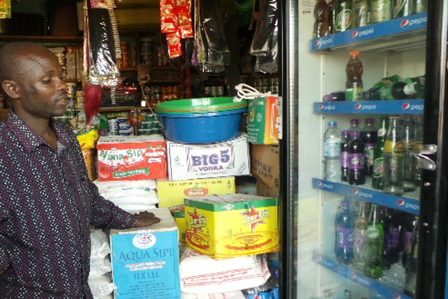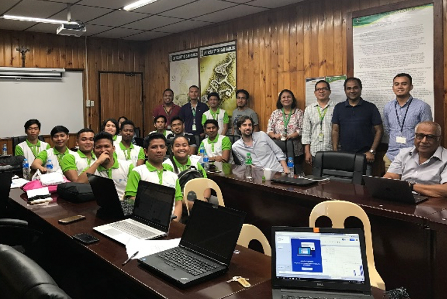Energy for development network
The Energy for Development (e4D) programme was created in 2010 to address this challenge for initiating seminal studies in electricity access for hard-to-reach poor areas in Sub Shahan Africa and beyond. At its core is fundamental research coupled with implementation of exemplar rural electrification projects as learning entities to support energy (electricity) access. The aims of e4D are underpinned by the UN sustainable development goals (SDGs) targeting the improvement of living standards of the poor in rural communities whilst providing pathways for growth and development. The e4D research and development programme is underpinned by field studies on the implemented six mini grids with main focus are those in Kenya and Uganda. Both countries are planning to install over 400 mini grids to support county wide electricity access and the e4D programme is informing and influencing such roll out
Click here for the e4D leaflet
Fulfilling the energy needs of developing countries without compromising the environment is a challenge, requiring imaginative policies and methods. Many rural communities do not have access to the national electricity network or the associated benefits in health and quality of life provided by electrical services such as lighting and refrigeration. The installation of modular energy technologies that can be operated independently provides a solution for these areas. We argue that to implement sustainable rural electrification, three important components are required:
People: Engagement of the local community in determining their needs, aspirations and goals. A thorough assessment of the social, economic and cultural context of the community is essential to identify the most appropriate system.
Product: Selection of technologies that are best suited for the local situation, based not only on the resources available but identification of the wants and needs of the community.
Process: The introduction of energy systems must be accompanied by the development of business processes to allow sustainable replication, deliver social benefits and generate wealth for the community.
As part of the e4D programme, an Energy for Development Network (e4D) was created with the aim of combining these three key components to develop appropriate, replicable models for energy systems that recognise the socio-economic and financial, as well as technical aspects of supplying energy.
The core of the e4D programme was the project entitled ‘Replication of off-grid Electricity Generation through Technology and Business Innovation’. The project focused on sustainable rural electrification for poor off-grid communities in Sub-Saharan Africa. Large scale data collection in several African countries was carried out to understand the energy needs by the rural communities and analyses of collected data revealed the sustainable pathway for off-grid electrification through solar PV mini grids. This research led e4D to the installation of six Solar mini grids in Africa (Kenya, Uganda and Cameroon).
Deployed e4D mini grids supply electricity 24/7 to businesses, health centres, schools, places of worship & households. All project are cooperatives, managed by elected members of the local communities. Performances of all installed PV mini grids are remotely monitored by the e4D team in UK. Resilience of e4D mini grid delivery model is built around key sustainability parameters:
- Stakeholder engagement.
- Needs assessment, at the start and ongoing.
- Quality of installation.
- In country supply chain and technical support.
- Regular monitoring to support performance, operation, maintenance and project expansion.
- Cooperative business model, with micro financing to the community.
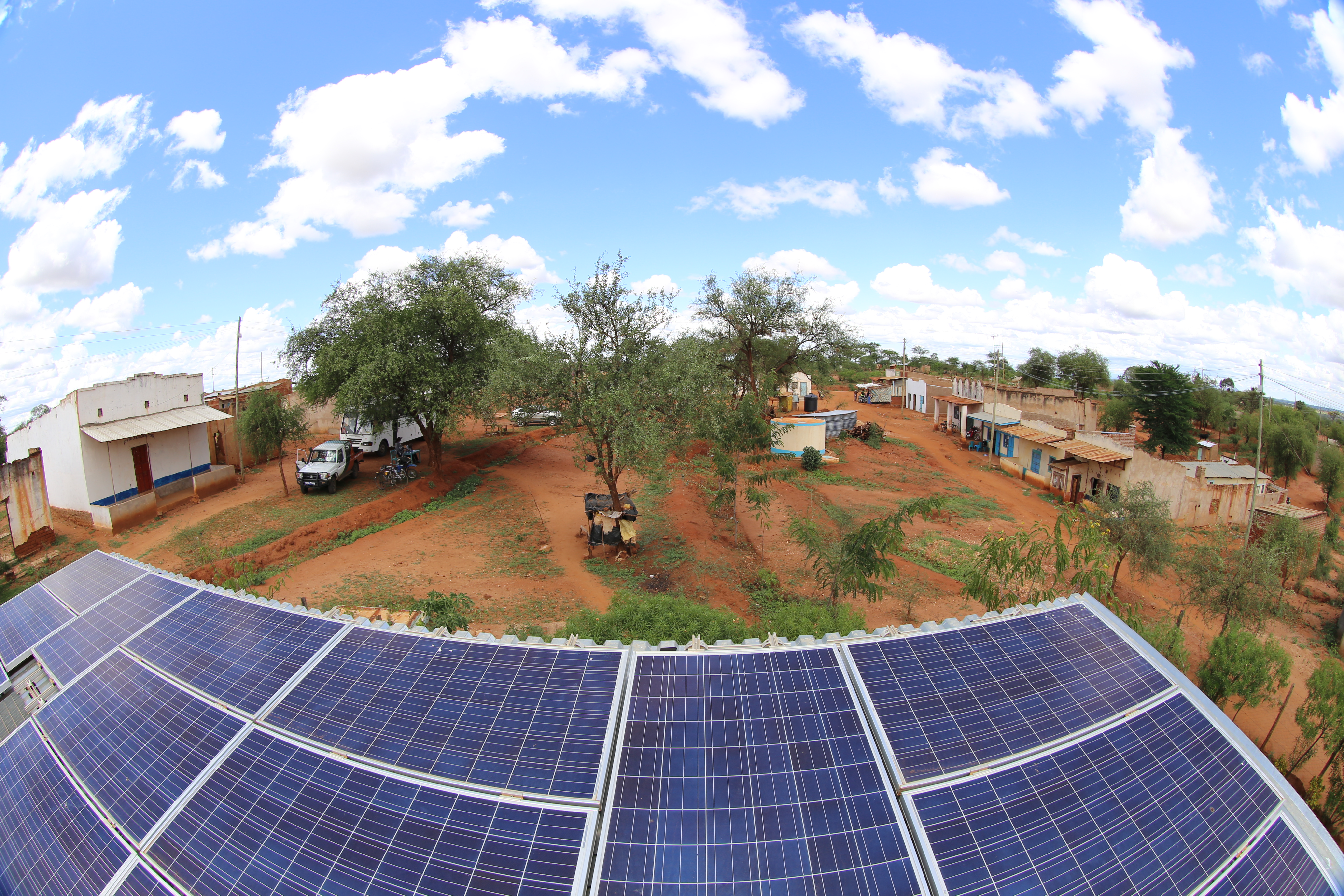

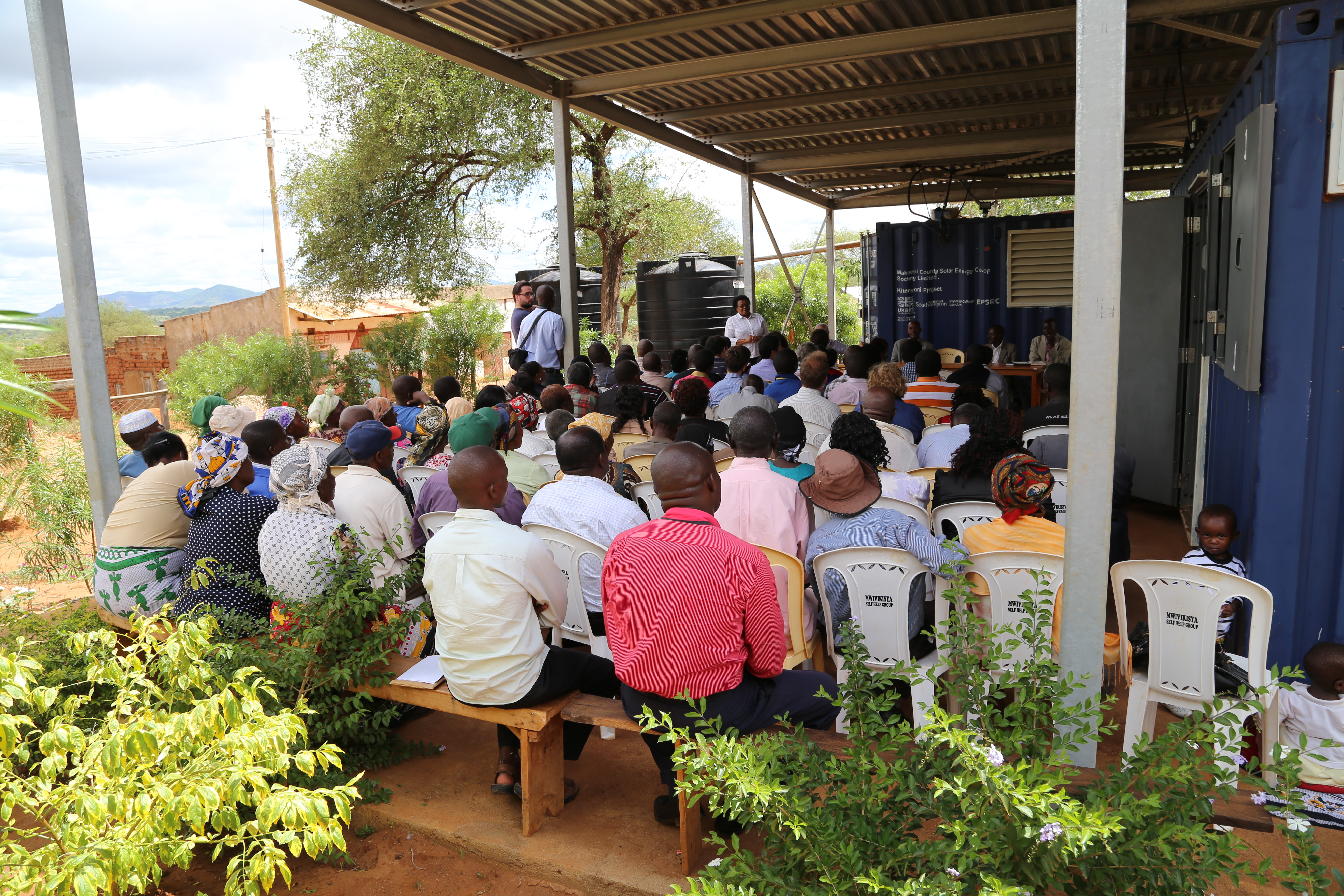
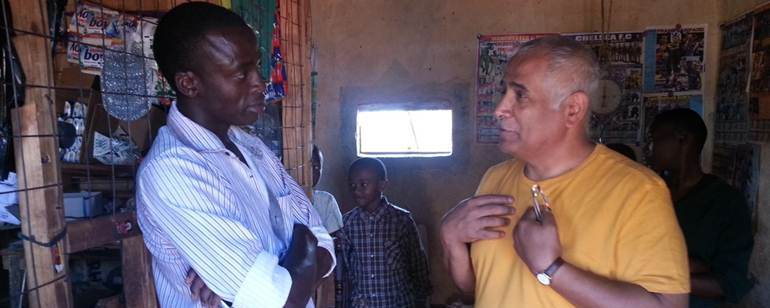
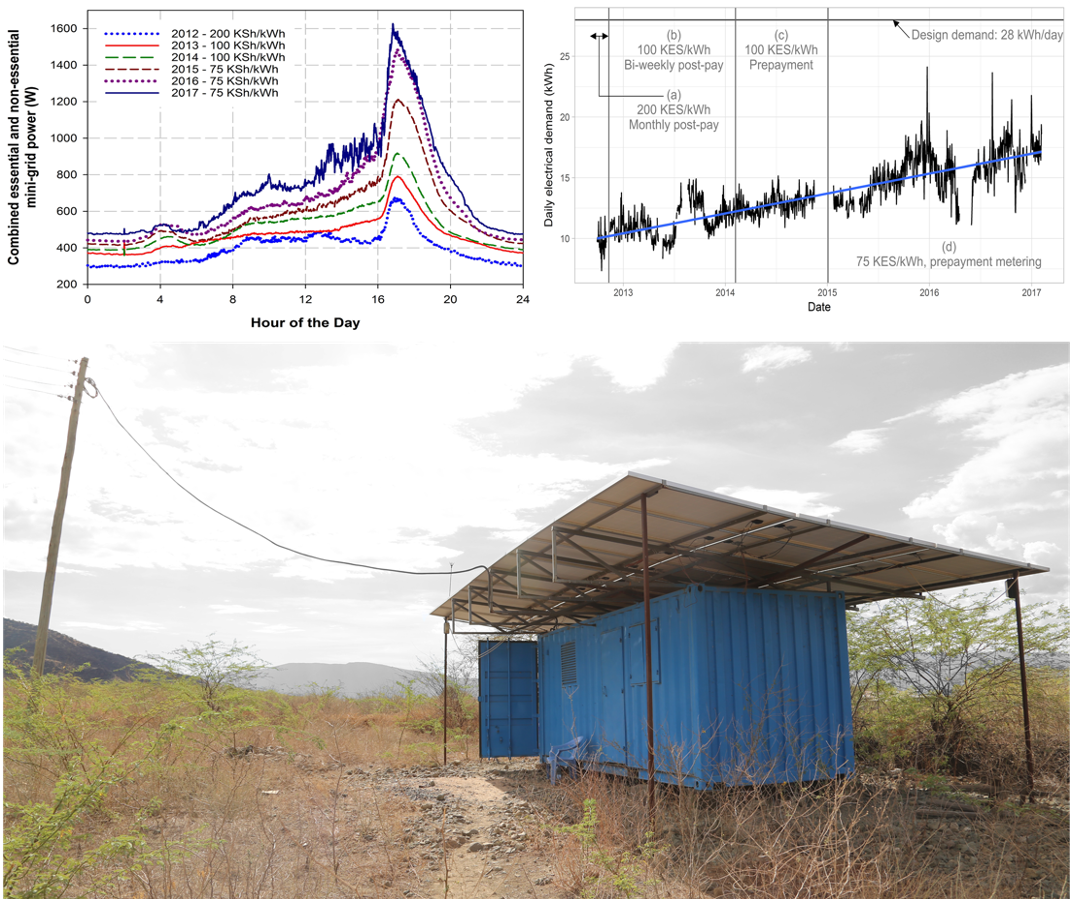
Mini grids and their resilient networks
Mini grids consist of a power plant linked to a local mainly isolated network to distribute power to consumers. Mini grids, driven by renewable energy systems (some with hybridisation) offer the best economic approach to deliver electricity access in rural areas since national grid expansion is very expensive to provide such a service. Our work in such rural, off-grid areas focuses on sustainable electrification and socio-economic studies where we have implemented six solar photovoltaic powered mini grids in Kenya, Uganda and Cameroon. Some of these mini grids are now being used to test their networks to enhance resilience. This is undertaken by studying network operational performances, as lone grids, connected together and connected to the national grid. In addition, research is also being undertaken on DC mini grids where the footprint consumption area is limited in size.
Solar home systems (SHS)
SHS are small PV power units ranging from 10 – 200 Watt based on one or two solar modules, battery storage and balance of system. SHS are a widely used solution for off-grid electrification at the household level – for lighting and other appliances, depending on requirements. It is estimated that about 180million solar PV SHS units are currently in use in off-grid communities. Our e4D research focuses on ‘how SHS can be optimised coupled with efficient appliances’ geared to reduce cost making them more affordable to end users.
Productive uses and efficient appliances research
Both mini grids and SHS offer the possibility to unlock services (education, health, clean water) provisions, entrepreneurships, employment, and development. The e4D programme under both mini grids and SHS projects provides pathways to productive use of energy for small enterprises within village centres. Coupling productive use of electricity with appliances efficiency results in better utilisation of the available electrical power, providing savings for the users and their customers. In essence, e4D research, supports SDG7 as the key catalyser for other SDGs by continuously focusing on inclusive growth in the societies its projects serve, at the individual entrepreneur and larger productive users of electricity.
Capacity building
Developing capacity in electricity access is important to support national programmes in providing electricity to rural communities. The e4D programme led by the ECCD team have provided such capacity building in Africa, Asia and the Middle East covering the above research areas as well as energy efficiency in buildings. Both are geared to transition energy use to low carbon.


